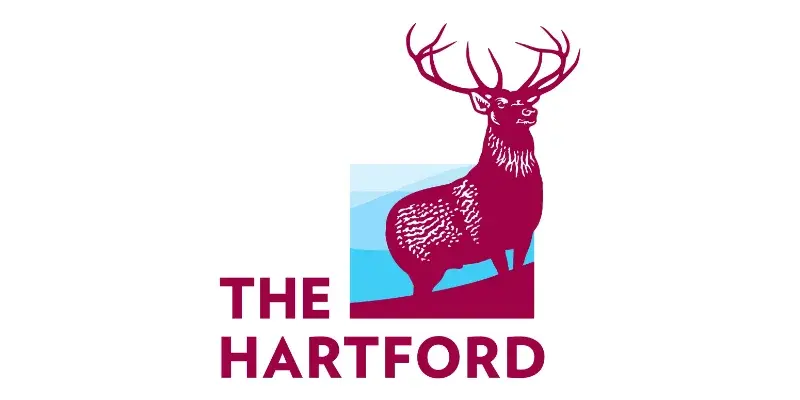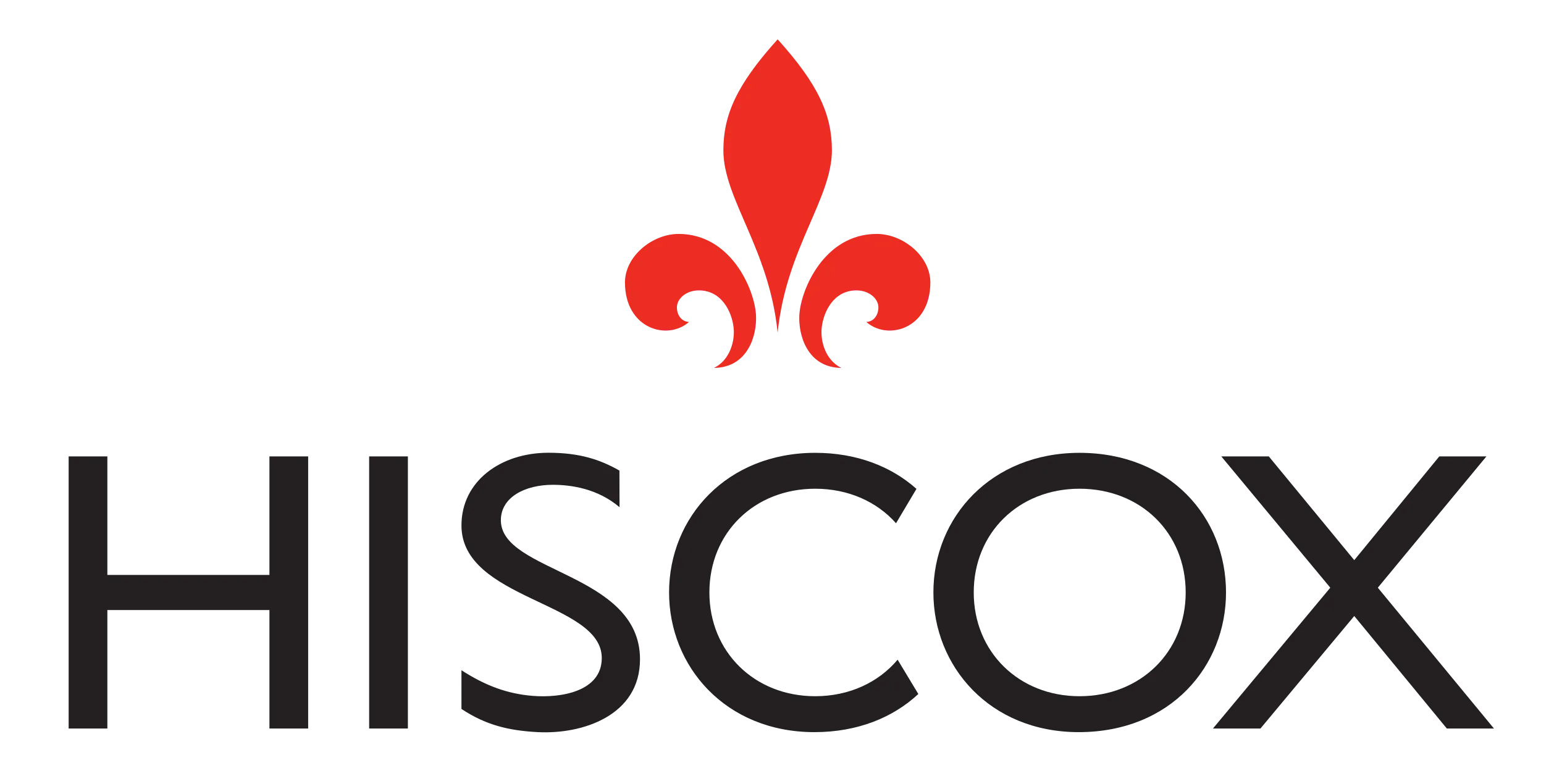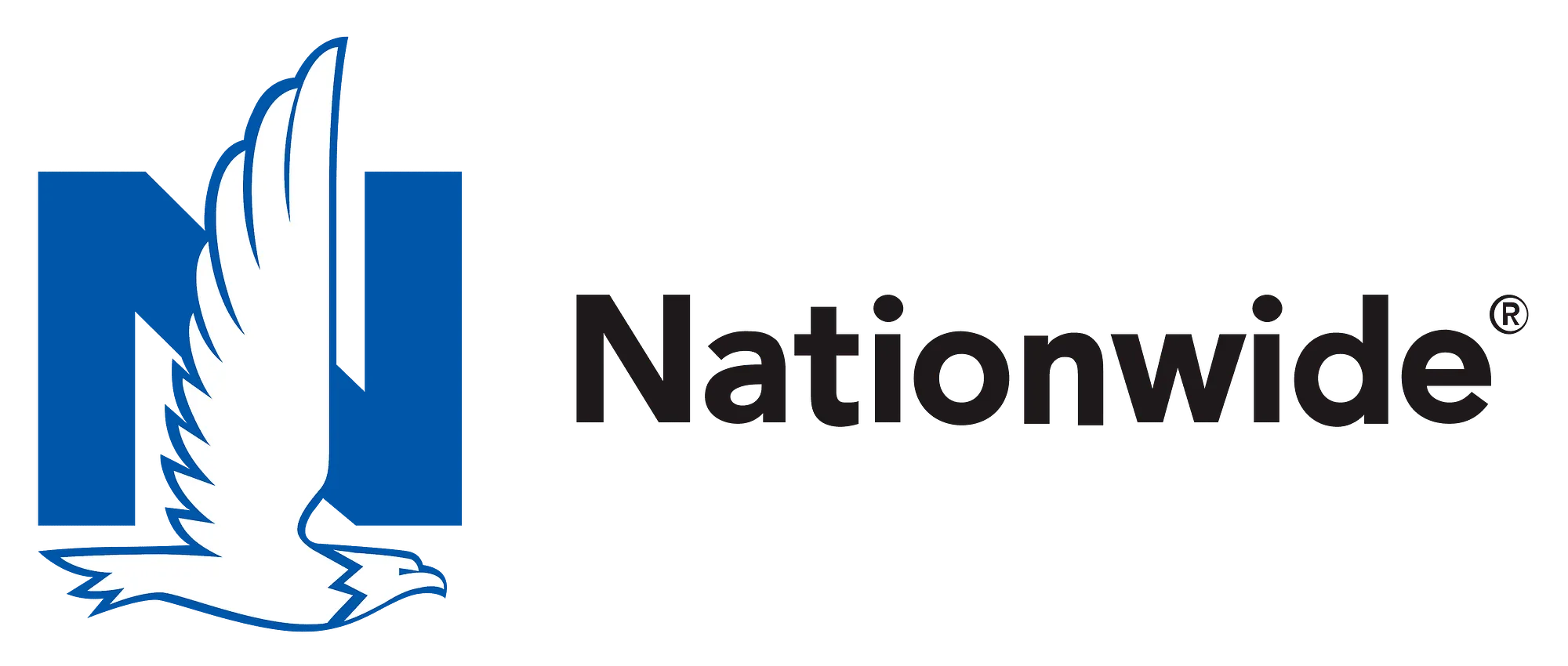Best Small Business Insurance
We reviewed dozens of insurance providers to narrow down the best insurance for your business in 2024.
Fact Checked
No matter your industry, small business insurance is not an option. It’s a necessity if you’d like financial protection from a number of risks, like property damage expenses, employee injuries, third-party liability claims, and lawsuits. To make your search for the right small business insurance provider a bit easier, we’ve done the research for you and compiled this list of the best small business insurance companies.
Our Top Picks
Small Business Insurance Reviews
We looked at 39 well-known small business insurance companies and narrowed our list down to seven of the best picks based on factors like reputation, price transparency, features, and claims process. Our focus was on online providers that offer instant quotes and fast coverage as well as a plethora of insurance policies for small businesses. Check out our methodology for more information on how we chose our top picks.
The Hartford
Best Insurance for Small Businesses
The Hartford has been in the small business insurance space since 1810, Today, it offers highly customizable plans, a convenient online portal for policyholders, and a high financial strength rating of A+ from A.M. Best.
NEXT
Best for Instant Coverage
Founded in 2016, NEXT is a modern insurance company that sells business insurance online. Through NEXT insurance, you can find individual policies or insurance packages tailored to your specific industry, like child care or construction.
Hiscox
Best for Independent Contractors and Home-Based Businesses
While Hiscox’s roots date back to 1901, the company now focuses on an online quote and bind system to help streamline the process of obtaining small business insurance. You can purchase its policies on the Hiscox website, from GEICO, or from an independent insurance agent.
Thimble
Best Small Business Insurance for Flexible Coverage
Thimble is an online managing general agent (MGA) with policies that are underwritten by top-rated insurance companies, rather than Thimble itself. It specializes in quick or temporary small business insurance coverage for fast-moving businesses.
Nationwide
Best for General Liability Coverage
Nationwide has been around since 1926 and offers a wide array of common and specialized small business insurance products. It’s known for its competitive rates and is backed by an A+ Superior rating from A.M. Best.
Travelers
Best for Workers Compensation Coverage
Travelers, which made its debut in 1853, is one of the largest small business insurance companies in the U.S. It offers a diverse selection of coverages for small businesses in many industries. While you will need to work with a local agent to secure coverage, you can manage your account and file a claim online.
Chubb
Best Business Owner’s Policy (BOP) Insurance
Chubb has been selling small business insurance for over a century. It offers a convenient online shopping experience and just about every type of coverage you can think of, including business interruption insurance, commercial auto insurance, professional liability insurance, omissions insurance, cyber liability insurance, and business property insurance.
Compare the best small business insurance side-by-side
| Insurance Company | A.M. Best Rating | Best for | Starting price for General Liability | Highlights |
|---|---|---|---|---|
| The Hartford | A+ | Small Businesses | 88 / month *on average | Variety of policy options, strong financial strength rating |
| NEXT | A- | Instant Coverage | $11 / month | Instant quotes, digital COIs, coverage in as little as 10 minutes |
| Hiscox | A | Independent Contractors and Home-Based Businesses | $30 / month | Affordable premiums home-based businesses with minimal risks |
| Thimble | Thimble partners’ ratings range from A- to A++ | Flexible Coverage | $17 / month | Offers short-term and temporary coverage |
| Nationwide | A+ | General Liability Plan | Request a quote | Option to enhance general liability coverage |
| Travelers | A++ | Workers Compensation Insurance | Request a quote | Employs a dedicated team to streamline workers’ compensation claims |
| Chubb | A++ | BOP | Request a quote | Offers add-ons for BOP coverage to support high-risk small businesses |
What is small business insurance?
Small business insurance is a type of insurance that can help protect your small business and its assets. Whether you’re dealing with a workers’ compensation claim, property damage, or even a lawsuit, a policy can kick in and save you from hefty out-of-pocket expenses and a damaged reputation. The type of small business insurance you need will depend on your industry, location, business model, and a number of other factors.
What does small business insurance cover?
The insurance company and coverage you choose will dictate what your small business insurance covers. However, it may protect you in these situations:
- Property damage or bodily injury claims from third parties
- Loss of physical assets or damage from natural disasters or lost income from unforeseen events like theft or vandalism
- Workers compensation claims for employees who suffer on-the-job injuries
- Negligence claims
What does small business insurance exclude?
Every small business insurance policy and provider has its own list of exclusions. In most cases, however, small business insurance won’t protect you from illegal activities, preventative maintenance, and some catastrophes like earthquakes and floods.
What is the most basic form of business insurance?
The most basic form of small business insurance is general liability insurance. It can protect your business from financial loss due to business activities that lead to property damage, bodily injury, medical expenses, slander, and lawsuits. Nationwide’s general liability insurance is highly customizable and offers add-ons that can maximize your coverage and give you additional peace of mind.
The different types of small business insurance
There are five common types of small business insurance, including:
- General liability insurance: This comes into play if a third party suffers as a result of your business activity and includes property damage, libel, and slander.
- Product liability insurance: A property liability policy will protect you if a product you produce causes an injury.
- Commercial property insurance: Similar to a home insurance policy, commercial property insurance safeguards your office, warehouse, or other commercial property and its assets from damage.
- Home-based business insurance: Home-based business insurance is specifically designed for low-risk home-based businesses and covers injury liability as well as equipment breakdown.
- Business owner’s policy (BOP): A BOP pairs general liability insurance with commercial property insurance.
This chart shows which type of insurance products each company on our list offers.
| General Liability | Product Liability | Professional Liability | Commercial Property | Home Based Business | BOP | Business Income | Commercial Auto | Cyber Liability | Workers Comp | |
|---|---|---|---|---|---|---|---|---|---|---|
| The Hartford | ✅ | ❌ | ✅ | ✅ | ❌ | ✅ | ✅ | ✅ | ✅ | ✅ |
| NEXT | ✅ | ✅ | ✅ | ✅ | ❌ | ✅ | ❌ | ✅ | ✅ | ✅ |
| Hiscox | ✅ | ❌ | ✅ | ❌ | ✅ | ✅ | ❌ | ✅ | ✅ | ✅ |
| Thimble | ✅ | ❌ | ✅ | ✅ | ❌ | ✅ | ❌ | ✅ | ✅ | ✅ |
| Nationwide | ✅ | ✅ | ✅ | ✅ | ❌ | ✅ | ✅ | ✅ | ✅ | ✅ |
| Travelers | ✅ | ✅ | ✅ | ✅ | ❌ | ✅ | ✅ | ✅ | ✅ | ✅ |
| Chubb | ✅ | ❌ | ✅ | ✅ | ❌ | ✅ | ✅ | ✅ | ✅ | ✅ |
How much does small business insurance cost?
There are several factors that will determine what you pay for small business insurance. These include but are not limited to your industry, location, risk level, claims history, number of employees, and coverage limits. While some insurance companies are transparent about their pricing, others require small businesses to contact them for a quote. In general, you can expect to pay anywhere from $11 per month to about $100 per month.
Here’s a look at pricing for three of the small business insurance providers on our list.
| NEXT | Hiscox | Thimble |
|---|---|---|
| $11/month | $30/month | $17/month |
Expert advice for reducing insurance premiums and managing risks
According to Evan Tunis, President of Florida Healthcare Insurance in Coral Springs, Florida, here are some ways you can lower small business insurance costs and risks:
- Conduct a thorough risk assessment: Before making any changes to your insurance policies, it is important to conduct a thorough risk assessment. This involves identifying potential hazards and risks within the business, assessing their likelihood and severity, and implementing measures to control or mitigate them.
- Implement safety protocols: One of the most effective ways to reduce premiums and manage risks is to implement safety protocols in the workplace. This includes providing proper training for employees, maintaining a safe and clean environment, and regularly inspecting equipment and machinery.
- Review insurance policies annually: Insurance needs can change over time as businesses grow and evolve. That’s why it’s essential to review insurance policies annually to ensure they have adequate coverage for potential risks. This can also help identify any gaps or overlaps in coverage that may need to be addressed.
- Consider bundling policies: Many insurance providers offer discounts for bundling multiple policies together, such as a business owner’s policy (BOP) which combines property and liability insurance. Bundling policies can result in cost savings for small business owners while providing comprehensive coverage.
- Implement risk management strategies: In addition to reducing premiums, implementing risk management strategies can also help businesses avoid potential risks and losses. This includes having a crisis management plan in place, developing backup systems, and regularly backing up important data.
Determining your small business insurance needs
Your state laws can help you figure out what type of business insurance you require. In most states, workers’ compensation insurance is mandatory, for example. You should also consider your current and future contracts to hone in on the right coverage. In addition, ask yourself if you can afford to pay out-of-pocket for worst-case scenarios. If the answer is “no” to any scenario, it’s a good idea to find coverage that will protect you from it.
How to choose the right small business insurance provider
Here are some factors Tunis recommends you keep in mind as you shop for a small business insurance company and request insurance quotes.
- Type of business: The type of business you run will greatly influence the type and amount of insurance coverage you need. For example, a construction company will have different risks and insurance needs than a retail store.
- Business assets: Business owners should consider their assets when shopping for insurance. This includes physical property such as buildings, equipment, and inventory, as well as intangible assets such as intellectual property and data.
- Business location: The location of your business can impact the average cost of insurance. Factors such as crime rates, natural disaster risks, and local laws and regulations can all affect the premiums you pay.
- Industry regulations: Certain industries may have specific insurance requirements mandated by law. It is important for business owners to be aware of these regulations and ensure their insurance policies meet all necessary requirements.
- Potential risks: Business owners should carefully consider potential risks their business may face, such as liability claims, cyber-attacks, or property damage. This will help determine the types and amounts of coverage needed to adequately protect the business.
- Budget: Insurance premiums can be a significant expense for small businesses, so it is important to consider your budget when shopping for insurance. Business owners should weigh the cost of premiums against the potential costs of not having adequate coverage.
Small Business Insurance Frequently Asked Questions (FAQs)
What are the 3 main types of insurance most small businesses need?
The Insurance Information Institute (III) states that most small businesses could benefit from property insurance, general liability insurance, business auto insurance, and workers’ compensation insurance. It’s often a good idea to invest in a BOP, which combines property and general liability coverage.
What is a Business Owner’s Policy (BOP)?
A Business Owner’s Policy (BOP) brings together two types of business insurance: business property and business liability coverage. It can come in handy during claims from disasters or those that pop up from your operations, like property damage or bodily injury claims.
Do you need business insurance if you’re the only employee?
Even if your state doesn’t require it, business insurance might make sense if you’re a sole proprietor and don’t have any employees or contractors. General liability insurance is certainly worth exploring, at the very least. You can always add on coverage as you grow.
Methodology: How we chose the best small business insurance companies
From a list of 39 well-known small business insurance companies, we narrowed our focus and zeroed in on 17 of the most popular options. We then selected seven of the best ones based on this criteria, which each accounted for 25% of our overall score:
- Products: We gave bonus points to companies with quick online quotes and instant coverage options.
- Claims process: 24/7 claims filing, as well as an online and phone claims process, were important to us.
- Customer support: Insurers with round-the-clock support through multiple channels were prioritized.
- Reputation: We looked at A.M. Best ratings as well as reviews from current and former customers to understand each company’s reputation and customer satisfaction.












